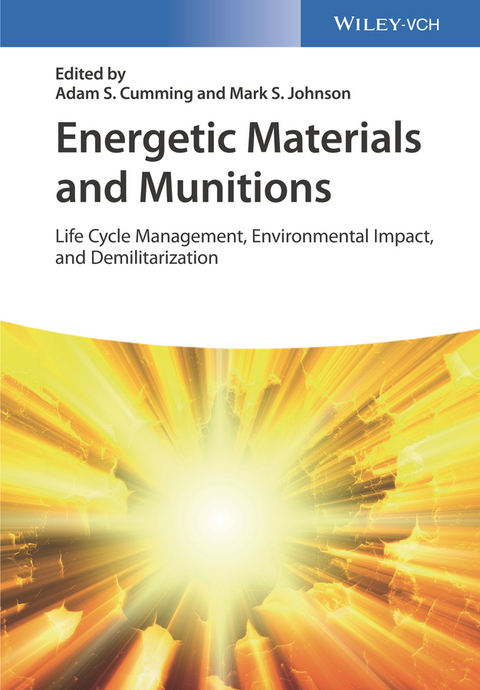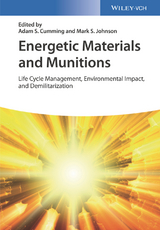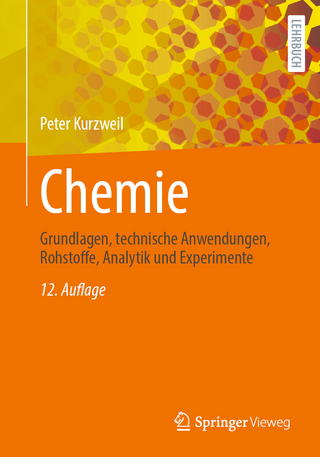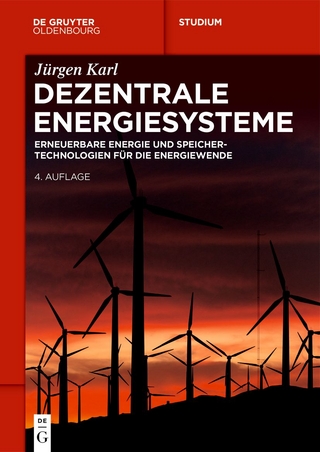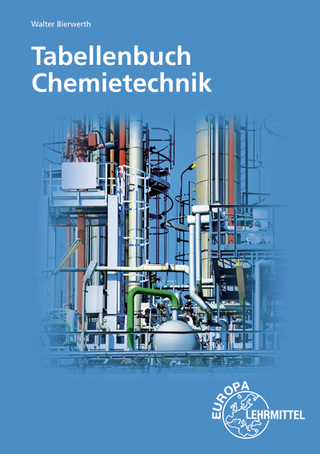Provides a hands-on approach to demilitarization and environmental aspects of energetic materials and munitionsThis book gives an overview of the environmental impact of the production, use, and cleanup of energetic materials and munitions. It provides scientists, engineers, environmental specialists, and users with the understanding of environmental issues for munitions and of the ways to improve design and manage potential risks. It covers the various aspects of how chemical properties influence fate, transport, and toxicity of new formulations and prescribes tools for reducing or alleviating environmental risks. In addition, it discusses pyrotechnics and the problem of dealing with munitions underwater.Chapters in Energetic Materials and Munitions: Life Cycle Management, Environmental Impact and Demilitarization look at demilitarization in general, as well as in the future. Topics covered include logistics, costs, and management; life cycle analysis and management; and greener munitions. Another introduces readers to the "One Health" approach in the design of sustainable munition compounds. Following that, readers are taught about land assessment for munitions-related contamination in military live-fire training. The book also examines the development and integration of environmental, safety, and occupational health information.-Brings together in one source expertise and in-depth information on the current and future state of how we handle the production, use, and demilitarization of explosives and weaponry-A handy reference for experienced practitioners, as well as for training young professionals in the field-Every chapter contains real-life examples and proposes future directions for the fieldEnergetic Materials and Munitions: Life Cycle Management, Environmental Impact and Demilitarization is an important book for explosives specialists, pyrotechnicians, materials scientists, military authorities, safety officers, health officers, and chemical engineers.
Adam Cumming, PhD, is Honorary Professor at the Edinburgh University School of Chemistry, UK, and a recognized world expert in the field of energetics. He has worked for the UK Ministry of Defence within their research organisations.
Mark Johnson, PhD, DABT, ATS serves as the Director of Toxicology, US Army Public Health Center at Aberdeen Proving Ground, MD, USA. He is chair of the Tri-Service Toxicology Consortium, vice-chair, Joint Army-Navy-NASA-Air Force (JANNAF) Propulsion Committee, Safety and Environmental Protection Committee, Safety and Environmental Protection Subcommittee, as well as the chair of the Society of Environmental Toxicology and Chemistry World Interest Group on Ecological Risk Assessment.
Introduction and Overview
Demilitarization - Logistics, Costs, Management
Life Cycle Management
"One Health" Approach in the Design of Sustainable Munition Compounds
Greener Munitions
Land Assessment for Munitions-Related Contamination in Military Live-Fire Training
Application of Life Cycle Analysis
Development and Integration of Environmental, Safety and Occupational Health Information
Demilitarization and the Future
Research, Priorities and the Future
| Erscheinungsdatum |
20.03.2019
|
| Verlagsort |
Weinheim |
| Sprache |
englisch |
| Maße |
170 x 244 mm |
| Gewicht |
666 g |
| Themenwelt
|
Naturwissenschaften ► Chemie ► Technische Chemie |
| Technik |
| Schlagworte |
chemical engineering • Chemie • Chemische Verfahrenstechnik • Chemistry • Environmental Chemistry • Explosives and Propellants • Explosivstoff • Explosiv- und Treibstoffe • Process Safety • Prozesssicherheit • Umweltchemie |
| ISBN-10 |
3-527-34483-7 / 3527344837 |
| ISBN-13 |
978-3-527-34483-3 / 9783527344833 |
| Zustand |
Neuware |
